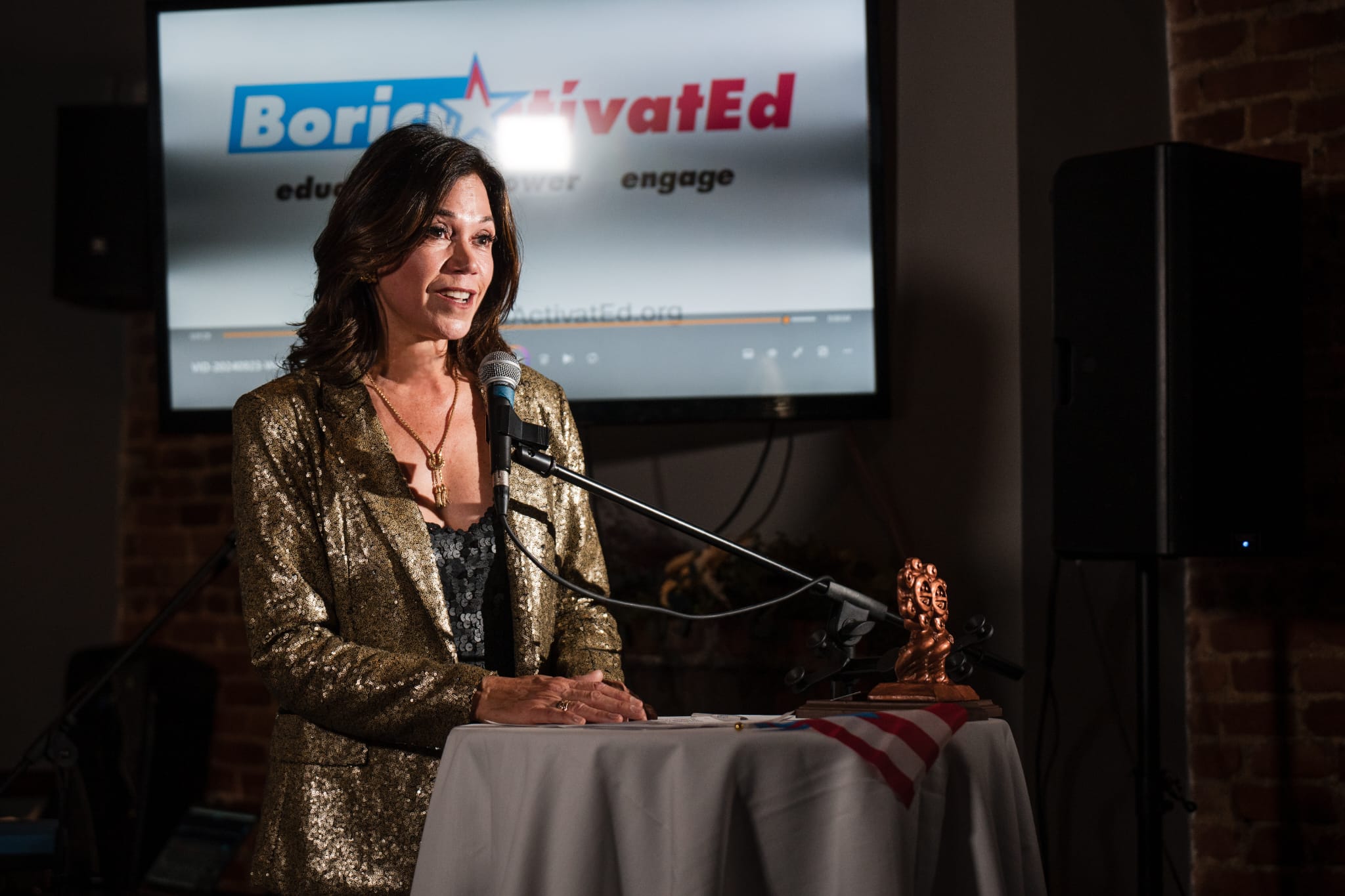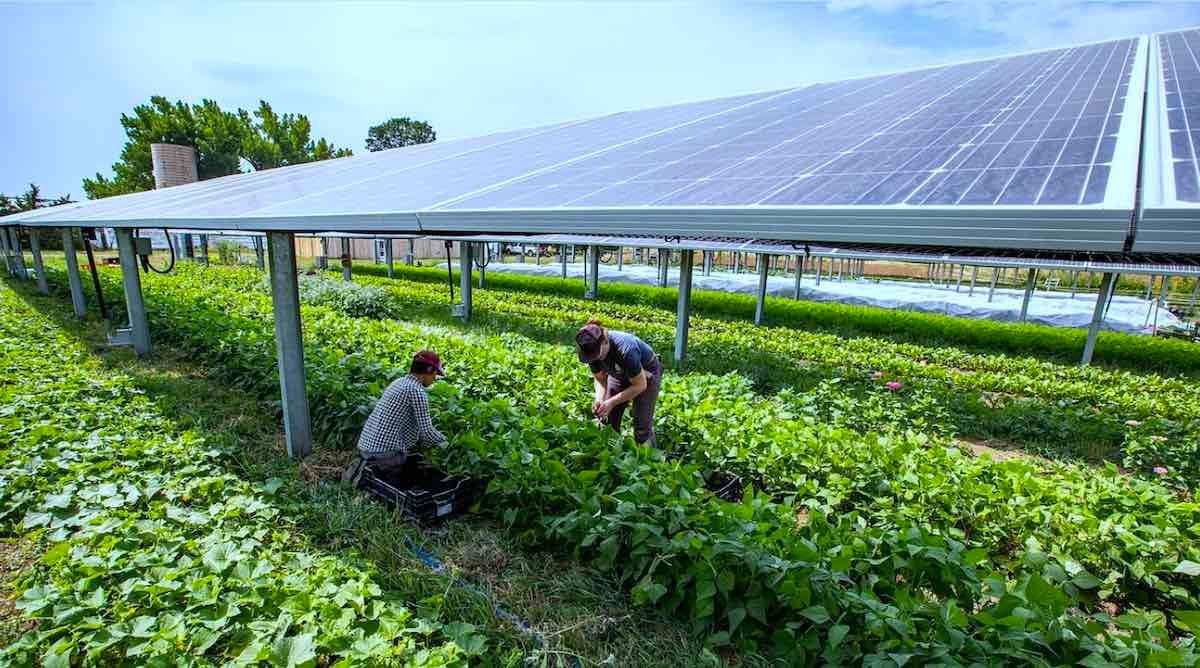Puerto Rico to obtain $3.2 billion in federal education funds
U.S. Education Secretary Miguel Cardona announced on Monday that more than $3.2 billion in education funds earmarked for COVID relief would now be available to Puerto Rico. This includes $2 billion earmarked in the American Rescue Plan Act and $1.2 billion from the Coronavirus Response and Relief Supplemental Appropriations Act, 2021 (CRRSA). Additionally, $662 million in program grants from the 2020 fiscal year are now available.
“I wish to personally affirm the Department’s commitment to working collaboratively with Puerto Rico and [the Puerto Rico Department of Education] so that we can attain our shared goal of educational excellence for the children, students and youth of the Commonwealth,” wrote Cardona in a letter to Governor Pedro Pierluisi and Eliezer Ramos, Interim Secretary of Education.
Secretary Cardona, the son of Puerto Rican parents, is the first member of President Joe Biden’s cabinet to visit Puerto Rico. During his visit this week, he met with government officials, educators, and students.
Puerto Rico coronavirus statistics for June 28
According to the Puerto Rico Health Department, 273,842 people are believed to have been infected with COVID-19, an increase of 1,508 since June 21. This points to a decrease in the rate of new cases, as the increase between June 14 and June 21 was of 1,701. The death toll is currently 2,547, with 7 of those registered in the last week. Comparatively, 10 people died from the virus between June 14 and June 21.
Beginning on November 7, the Health Department changed the way it recorded cases, splitting them between confirmed cases (as determined by molecular diagnostic testing), probable cases (as determined by antigen testing) and suspicious cases (as determined by serological, non-diagnostic testing). Viewed through that prism, Puerto Rico has had 122,966 confirmed cases, 17,043 probable cases, and 133,833 suspicious cases since the virus arrived on the Island.
According to the Puerto Rico Health Department and its Puerto Rico Electric Immunization System (PREIS) a total of 1,676,689 people on the Island have been fully vaccinated, while 1,965,788 have received at least one dose. So far, 3,544,169 doses have been distributed, an increase of 133,892 since June 21.
Hearings on Vieques, effects of coal ash on Puerto Rico this week
The U.S. House of Representatives’ Natural Resources Committee is set to tackle pollution and its effects on Puerto Ricans’ health from multiple angles this week, in hearings set to deal with coal ash pollution as well as discussion of two bills relating to public health in Vieques.
On Wednesday morning, the Subcommittee on Oversight and Investigations will also hold a hearing titled Toxic Coal Ash: Adverse Health Effects from the Puerto Rico Plant and Options for Plant Closure. It will examine the ongoing health impacts of the AES power plant in Puerto Rico, which generates 300,000 tons of coal ash annually for electricity generation. Exposure to coal ash has been found to increase human risks for skin cancer, respiratory problems, heart problems, birth defects, and severe skin rashes.
That same afternoon, the full committee will hold a hearing on two different bills seeking to compensate residents of Vieques harmed by the six decades of U.S. Navy bombing exercises. The first is H.R. 1317, sponsored by Rep. Nydia Velázquez (D-NY), would compensate residents living on the island five or more years if they have contracted cancer, hypertension, cirrhosis, kidney disease, diabetes, or heavy metal poisoning during or after the Navy’s operations there. The second bill, H.R. 1126, sponsored by Rep. Jenniffer González-Colón (R-PR), would compensate residents or the children of deceased residents of Vieques. Both bills are titled the Vieques Recovery and Redevelopment Act of 2021.
Study: colorism and racism tied to disparities in health outcomes
A peer-reviewed investigation by two University of Puerto Rico professors has determined that colorism—discrimination against people based on their skin color, and favoring lighter skin tones over darker ones—has been tied to disparate health outcomes in Puerto Rico, with darker-skinned people having worse health outcomes than lighter-skinned people. The study, by Professors Isar Godreau and José Caraballo Cueto, added a new question on skin color to a pre-existing annual comprehensive health survey by the Puerto Rico Health Department. Some 6,000 randomly selected Puerto Ricans participated in the survey. The study concludes that “approximately 202,817 dark-skinned individuals in Puerto Rico reported worse general health status than the 425,415 very light-skinned individuals who lived in the Puerto Rican Archipelago.”
Share
STAY IN THE LOOP
Subscribe to our free newsletter.
La organización BoricuaActivatEd celebró su séptimo aniversario con reconocimientos al líder de la red evangélica Esperanza y de la comunidad boricua de Filadelfia, Luis Cortés, y el legendario artista Antonio Martorell. Cortés, premiado por su […]
tudy: Economy leading factor for Puerto Ricans moving to Florida A new survey unveiled Monday in Washington, D.C. sheds new light on factors contributing to Puerto Ricans moving to the state of Florida. The Puerto […]
New federal funds for solar, battery storage announced The Department of Energy (DOE) on Thursday announced a conditional commitment to finance new solar and battery storage facilities on the southern coast of Puerto Rico. The investment […]




